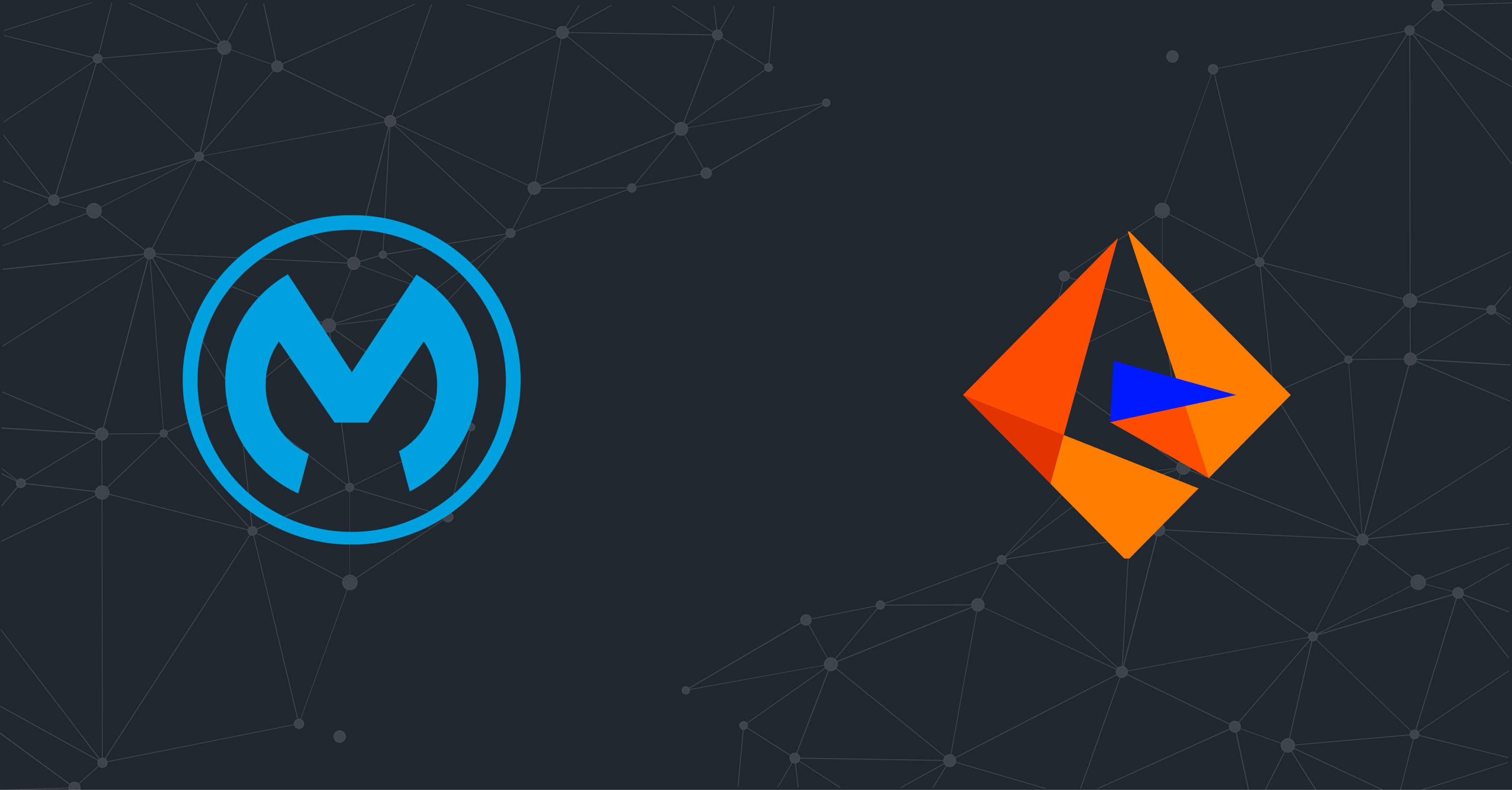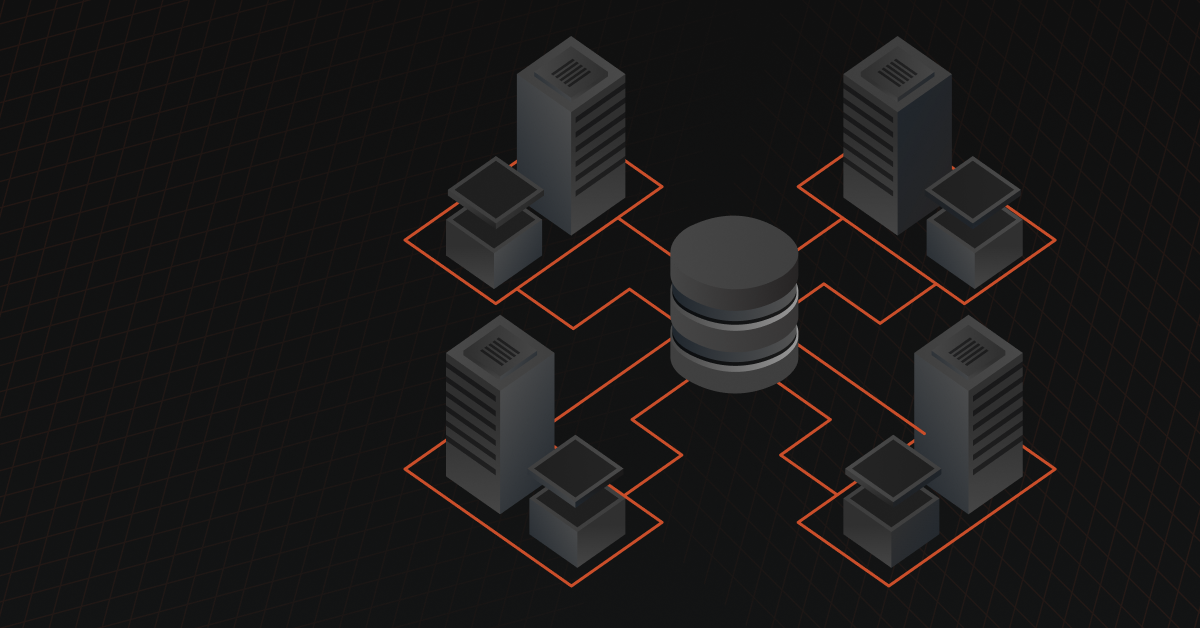Distribution business deals with complex and interdependent operations, and an effective iPaaS tool can streamline processes, reduce manual errors, bring efficiencies, enhance customer experience, and support data-driven decision-making.
What Is the Primary Difference Between MuleSoft and Informatica
Both MuleSoft and Informatica cater to medium to large enterprises but with varying focus. DCKAP Integrator, on the other hand, is built specifically for distributors of all sizes; with features and plans catering to businesses of all sizes.
MuleSoft Anypoint Platform is a unified platform for integration, automation, and API (application programming interface) management. Relying on an API-led connectivity approach, MuleSoft is a versatile iPaaS that enables connectivity across an entire organization.
Whereas, Informatica — a service of Intelligent Data Management Cloud (IDMC) — primarily focuses on data integration and management, API management, and application integration. Microservices-based and API-driven, this platform supports integration across multiple environments.
MuleSoft vs Informatica: Head-To-Head Comparison
| Features & Capabilities | MuleSoft Anypoint Platform | Informatica |
| Solution Type | A single platform for iPaaS and universal API management, utilizing an API-led approach to connectivity | Microservices-based, API-driven, and AI-powered iPaaS, offering data and application integration, master data management (MDM), API management, data quality, and data governance |
| Market Segment | Large-scale businesses or enterprises | Large enterprises |
| Automation | Low-code/no-code RPA (robotic process automation) and Composer solutions | Drag and drop low-code/no-code workflow automation capabilities |
| Pre-Built Templates | Pre-built connectors, templates, APIs, accelerators, and other integration assets | Hundreds of native cloud connectors, out-of-the-box templates, and accelerators |
| Custom Connections | Mule SDK | INFAConnect SDK |
| Developer Tools | Anypoint Studio; Integration with development tools such as Git, Jenkins, Maven, etc. | Informatica Developer Tool |
| User Interface (UI) | Graphical UI with drag-and-drop functionality but may be complex for new users | Visual interface with drag-and-drop functionality but may be non-intuitive for some users |
| ETL/ELT (Extract, Load, and Transform) | Through DataWeave, the data transformation language of the platform | High-performance cloud data integration for cloud ETL and ELT |
| AI Tools | MuleSoft AI enables building integrations and automations using natural language with Einstein | CLAIRE AI engine enables the automation of complex data management processes and data pipelines. |
| Security/ Compliance | ISO 27001, SOC 1, SOC 2, SOC 3, PCI DSS, GDPR, CSA CAIQ, and HIPAA | SOC 1, SOC 2, SOC 3, FEDRAMP, HIPAA/HITECH, GDPR, and EU-US DPF |
| Customer Support | Access to Knowledge Base, Support Tools, and Ideas Portal along with support teams for assistance | Tiered success offerings—Basic, Premium, and Signature to support cases. Access to certifications, communities, and portals. |
| User Ratings (based on Gartner Peer Insights in iPaaS category) | Overall: 4.4 Evaluation & Contracting: 4.3 Integration & Deployment: 4.6 Service & Support: 4.5 Product Capabilities: 4.6 | Overall: 4.2 Evaluation & Contracting: 4.3 Integration & Deployment: 4.3 Service & Support: 4.3 Product Capabilities: 4.3 |
| Pricing | Tiered pricing plans based on API management, integration, deployment, log management, and other add-ons and capabilities. A 30-day free trial | Pricing based on IPU (Informatica Processing Unit) and/or Flex IPU consumption model |
Also read: Top 10 API Integration Platforms for Distributors
Informatica iPaaS: Pros and Cons
Informatica’s iPaaS is an end-to-end solution for managing data integration, application integration, and hyper automation.
Utilizing custom, modular microservices architecture, the integration platform ensures a unified experience across a broad range of iPaaS integration and data management patterns, including master data management, data quality, data catalog, API and application integration, and data governance.
Its AI-powered CLAIRE engine offers AI and machine learning or ML-based recommendations to automate integration and data management tasks. It connects different types of data across environments—cloud, hybrid cloud, and on-premise.
Pros:
- Out-of-the-box solution templates for various cloud data warehouses including Snowflake, Amazon Redshift, Google BigQuery, and Microsoft Azure Synapse Analytics,
- Enables development and consumption of APIs along with capabilities for the entire API lifecycle management
- Informatica cloud connectors for connecting the cloud and apps easily
- Real-time view of data and application integrations, APIs, processes, and ecosystems
- Self-service user experience for access without IT support and self-service analytics across cloud data warehouses and data lakes
- Real-time stream analytics, high-volume stream data integration, and real-time analytics on CDC data and IoT
- DataOps with AI-powered data discovery and resource visualization
Cons:
- May be complex for new and non-technical users
- Lack of robust log tracing and search capabilities in real-time
- Limited EDI (electronic data interchange) features
- Limited training and development resources
- High costs for small to medium-sized businesses
- May not work well with dynamic data as compared to structured data
- May consume more time with bigger cloud replication
- Lack of publicly available auto-migration utilities for PC to cloud migration
Also see: Talend vs Pentaho vs Informatica Compared
MuleSoft Anypoint Platform: Pros and Cons
The MuleSoft Anypoint Platform, acquired by Salesforce in 2018, is a renowned platform for integration and universal API management, leveraging the API-connectivity approach. This approach facilitates application integration, service orchestration, and seamless connections across APIs.
The platform enhances application development speed by offering pre-built assets and CI/CD (continuous integration/continuous deployment) pipelines for API discovery. It also ensures data security through format-preserving tokenization and includes built-in compliance features along with customizable policies.
The platform provides a unified interface for managing, securing, scaling, and monitoring APIs, which aids in real-time troubleshooting. MuleSoft enables developers to leverage a vast repository of API assets, integration tools, governance policies, and established best practices for re-usability.
Pros:
- Comprehensive solution for enterprise iPaaS and complete API lifecycle management
- Extensive collection of pre-built integrations, connectors, templates, and API fragments, with capabilities to develop APIs using RAML, AsyncAPI, OAS, or GraphQL specifications
- Efficient debugging with design-time error handling
- Consolidated view of diverse applications, runtimes, and APIs, irrespective of their deployment environments
- Real-time monitoring of APIs, integrations, and microservices, plus log management
- Integration capabilities with trading partners via EDI (electronic data interchange) or API channels
- Facilitates data normalization, filtering, and mapping in various formats
- Promotes better collaboration among development teams
Cons:
- Limited debugging tools
- High costs for licensing and renewal
- Steep learning curve for non-technical users
- Challenges with real-time updates in Anypoint Runtime Fabric
- Lack of mobile applications and offline functionality
- Complex access management setup for large organizations
- Restrictions on simultaneous editing of the same API specification by multiple users lead to potential delays
- Difficulties in retrieving metadata from databases can complicate data mapping processes
Related read: MuleSoft vs Dell Boomi [Features, Pricing & Reviews]
Why Move Beyond MuleSoft and Informatica
Although MuleSoft Anypoint Platform and Informatica offer a plethora of advantages, users have voiced their concerns about pricing and functionalities.
For instance, a user on G2.com, mentioned about Informatica, “The platform has high cost as compared to other market competitors.” Similarly, another reviewer wrote, “Informatica cloud comes with a considerable cost, a drawback for smaller organizations.”
For MuleSoft, a user stated, “I’d say that one of the downsides is its steep learning curve, especially for those who are new to the integration field.”
This is an affordable, industry-specific, and user-friendly iPaaS solution that can make a difference.
DCKAP Integrator: The Market-Leading iPaaS for Distributors
DCKAP Integrator stands out as a low-code ERP Integration iPaaS well-known for its ability to seamlessly connect a range of enterprise applications including ERP (enterprise resource planning), CRM (customer relationship management), EDI, PIM (product information management), and databases. This platform is pivotal in streamlining commerce for distributors, automating essential business processes, and reducing the need for manual switching between applications.
The platform ensures a superior digital experience for customers by synchronizing data across various platforms in real-time.
You can discover more about the success achieved by ecommerce businesses using DCKAP Integrator and consider the experiences of our customers in your decision-making process.
Key Features and Benefits of DCKAP Integrator
- Multi-Platform Integration: It enables the integration of various business applications like ERP, CRM, PIM, and databases through a simple, intuitive interface with drag-and-drop functionality, making coding skills unnecessary.
- Real-Time Data Synchronization: DCKAP Integrator supports instantaneous data sync across your digital ecosystem, removing data silos and maintaining a unified data source.
- Efficient Data Logging: The platform automatically logs and backs up all data interactions, facilitating streamlined record management.
- Secure Transactions: Post-integration transactions are fully secure and encrypted.
- Customizable Scheduling: Data syncing from your ERP to other platforms can be scheduled as per your requirements.
- User-Friendly Data Mapping and Modifiers: Offers easy-to-use mapping and modifiers for seamless integration of all data fields, ensuring quick project turnaround for non-technical users.
Elevating eCommerce with DCKAP Integrator
Centralized Data Access
Provides a unified location for accessing all enterprise data, ensuring high-quality, standardized data availability.
Enhanced Decision-Making
Offers a comprehensive view of operations, aiding in informed, data-driven decision-making across sales teams.
Improved Customer Experience and Customer Service
By consolidating customer data, DCKAP Integrator enhances order management and provides a detailed understanding of customer needs.
Optimization of Sales Funnel and Conversion
Access to real-time insights, product recommendations, and order details helps in fine-tuning the sales funnel and boosting conversions.
Adaptability and Customization
The platform’s flexibility allows for use across various environments and can be customized to meet specific needs or integrated with other systems.
Final Words
In choosing an iPaaS for your enterprise, it’s important to consider factors such as integration capabilities, ease of use, scalability, and pricing. Both MuleSoft Anypoint Platform and Informatica’s iPaaS provide effective solutions catering to varied business requirements. Yet, for distributors looking for customized options, DCKAP Integrator stands out with its specialized industry features, the ability to synchronize data in real-time, and effortless integration across multiple platforms.
For a deeper understanding of how DCKAP Integrator can revolutionize your business operations, don’t hesitate to schedule a demo today!
Contents




